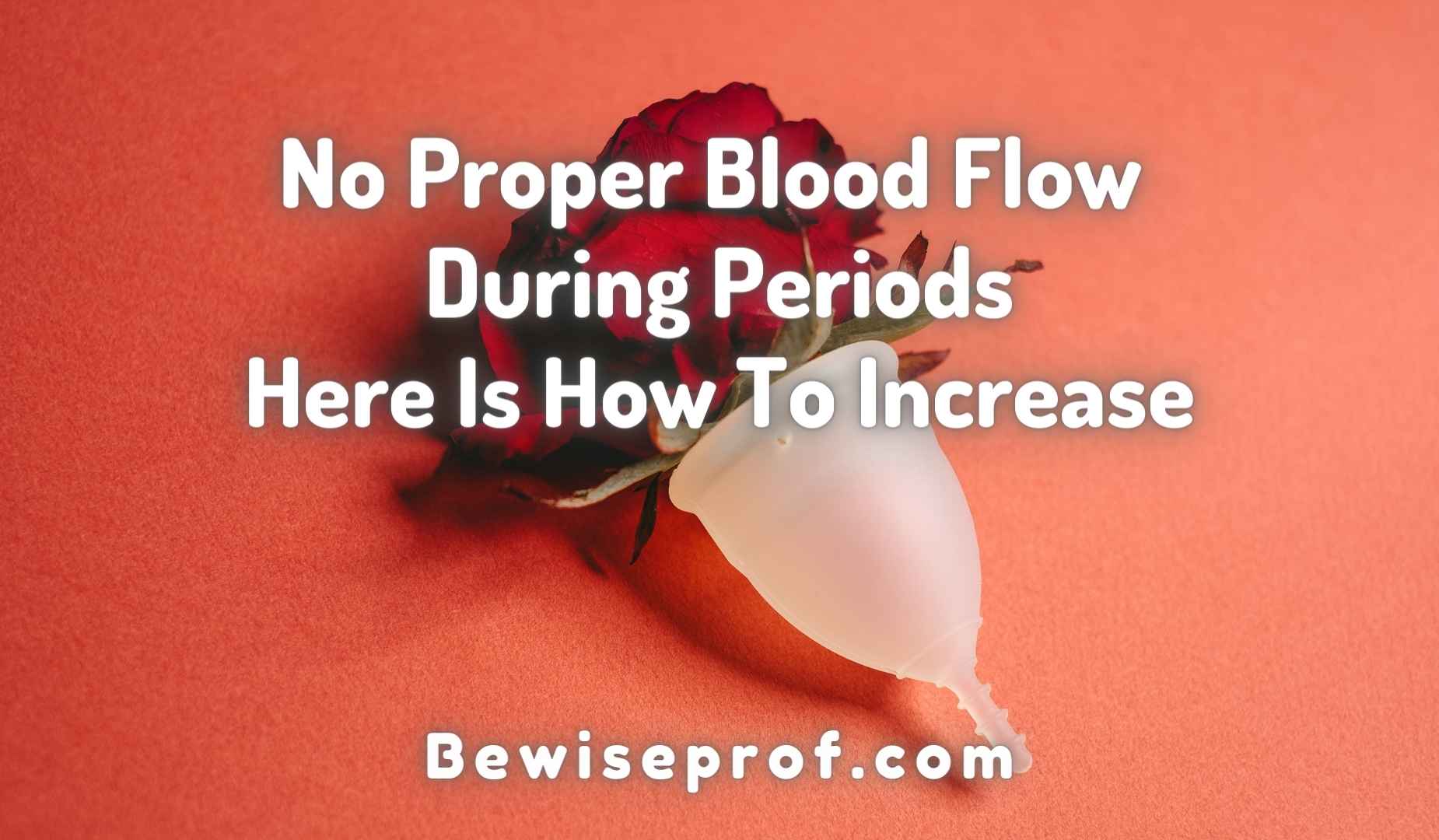On average, women have 25 years’ worth of periods. Periods are a check-up on your health, no matter how painful or bothersome they may be. Each period’s blood loss may vary depending on whether it is short or long.
The most common question is, “How to make your period heavier?” Gynecologists answer this question.
How can I increase blood flow during periods?
It cannot be easy to increase blood flow during periods. Your overall health will determine how your body regulates your period. Consider emmenagogues if you’re looking for a way to increase blood flow during periods.
These herbs increase blood flow to your uterus and pelvic area while stimulating menstruation.
These are some common foods that can increase blood circulation during periods.
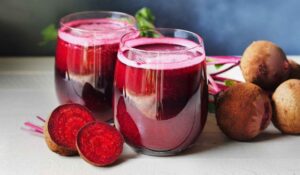
1. Beetroot Juice
Beetroot juice is a great way to increase the flow of your period. Beetroot is rich in iron, calcium, vitamin A, and vitamin C, as well as potassium, manganese, and folic acid. The consumption of beetroot juice can increase blood circulation and blood flow during menstruation. Additionally, beetroot juice can significantly increase hemoglobin, making periods heavier.

2. Chocolate
Do you want to learn how to increase blood flow in periods? This article will help you. If you have irregular periods, chocolate can cause periods.
It is rich in vitamins and minerals, including iron, copper, and protein. Dark cocoa is known to relieve menstrual discomfort and pain.

3. Jaggery
Jaggery has 11mg of iron per 100g. This increases blood flow during periods. If you want to increase blood flow during periods, many older people recommend Jaggery. It is a heat-inducing meal.
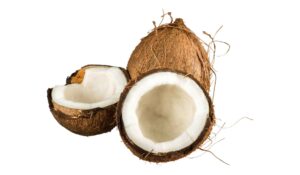
4. Coconut
Eating shredded coconut with Jaggery is the fastest and safest way to increase your period flow. Coconut has a 2.4 mg iron content per 100g. Both coconut and jaggery increase blood flow during periods.
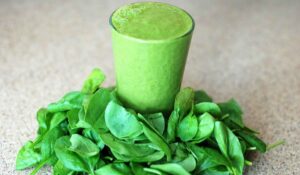
5. Spinach Juice
Spinach, a leafy green vegetable, is good for your health because of its vitamin K content. If you have irregular periods, spinach juice will help to normalize your blood flow.
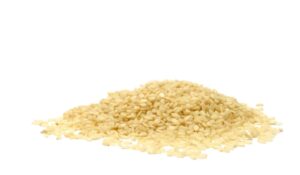
6. Sesame Seeds
Sesame seeds are rich in iron, phosphorus, and magnesium. A dessert with sesame seeds and Jaggery is the best way to increase blood flow. Both are heat-inducing foods and will regulate blood flow.
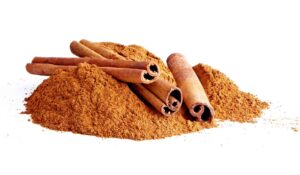
7. Cinnamon
Cinnamon is the best spice for increasing blood flow during periods. It has been proven to be effective in treating irregular periods. A study showed that it helped PCOS women manage their menstrual cycles. Cinnamon, a warming spice, regulates menstrual cycles. It also balances hormones through its warming effects on the body.
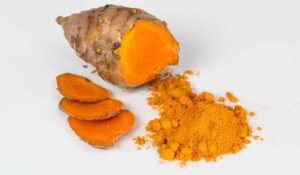
8. Turmeric
turmeric is another home remedy to boost blood flow during your period. The spice’s healing properties aid in hormonal balance and menstrual regulation.

9. Unripe Papaya
Unripe Papaya is another fruit that increases period blood flow. It aids in constricting the muscle fibers in your uterus, which regulates the menstrual flow. Coconut water and Papaya are good options to keep you cool.
Another question is: How long does it take to bleed after eating Papaya? It takes 24-72hours for Papaya to cause menstrual bleeding.

10. Pineapple
This fruit is rich in vitamin C, vitamin C, vitamin D, vitamin B1, vitamin B1, folate, and vitamin B6 as well as pantothenic acid. These nutrients reduce the size of your uterine muscles and increase your period flow.
There are other ways to increase blood flow during periods.
Here are some useful tricks to help you make your period heavier without relying on certain foods.
1. Exercise
Your periods can help you maintain a healthy weight and increase your flow. Your flow will increase as you jump, jog, or do other aerobic activities.
2. Yoga
Yoga during your period may help reduce mood swings and blood flow. Although yoga’s effectiveness is not proven scientifically, it is beneficial in many cases.
3. Hydration
Blood and other fluids make up your menstrual flow. Around 90% of blood’s liquid content is water. If you are dehydrated, your blood will become thicker and more difficult to flow out.
Your body requires extra water if you drink alcohol or coffee, exercise a lot, or live in a tropical region. The best way to reduce bleeding during periods is to stay hydrated.
How regular is your period?
It is important to determine if your periods are irregular. A woman’s normal period cycle lasts between 21-35 days. The flow can last from 2 days to 1 week.
You should expect your period physiologically only if you are pregnant or have reached menopause. Consult your gynecologist if you notice irregularities in your periods.
What are the possible causes of abnormal menstrual patterns?
Various factors can cause abnormal periods, from stress to more serious medical conditions.
1. Stress
Your irregular monthly cycle can be caused by mental and physical stress. Stress can affect the length of your period and the amount you bleed.
2. Diet
Uneven diets can lead to irregular periods. Menstrual irregularities can occur if you eat a poor diet.
3. Sleep
Your menstrual health is directly affected by your sleeping habits. Your sleep duration is a key factor in how hormones change.
4. Birth Control Pills
Birth control pills can affect menstruation. Consult your doctor before you start taking birth control pills.
5. Poor Blood Circulation
Poor blood circulation could lead to irregular menstruation. Cholesterol deposits can be formed by eating more “bad fats,” such as LDL cholesterol. These deposits can block blood flow, leading to reduced flow.
What is the time it takes to bleed after eating Papaya?
Papaya is high in potassium, folate, and vitamin A. It also contains vitamin C. Regularly consuming papaya can help to constrict your uterine muscles. When you ask how to increase blood flow in periods, the most common answer is Papaya.
Papaya is not only a heat-generating fruit but also contains carotene. Carotene stimulates the estrogen hormone levels in the body. After eating Papaya, your period will be more regular.
Unripe Papaya must be consumed at least 2 days before the expected start of your cycle to cause bleeding.
What is the reason for less bleeding during periods?
Every woman’s menstrual cycle is different. The flow can fluctuate slightly each month and change over time. As she gets older, a woman’s periods may become lighter. Women in their 30s and 40s might experience shorter or heavier periods. Periods can become irregular and less regular during perimenopause.
If the body doesn’t release eggs, irregular menstruation can occur. Women who are overweight or lose weight quickly may have less bleeding during periods.
Additionally, medical conditions can affect the menstrual cycle, such as thyroid conditions, polycystic Ovarian Syndrome (PCOS), and Cushing’s Syndrome.
Are Light Periods a Sign of Infertility
In most cases, a light period is not something to worry about. It’s fine to have a short period from the beginning or a shorter one. This shouldn’t affect your chances of getting pregnant.
A lighter period could indicate hormonal abnormalities like polycystic-ovary syndrome (PCOS) or thyroid concerns. This might also be related to reproductive problems.
A light period could indicate that your uterine lining may not be as thick as it needs for optimum chances of conception. These disruptions can affect fertility.
Is it normal to have short periods?
It could be a sign of early pregnancy or an ectopic pregnancy. There are many other factors, such as lifestyle choices and birth control.
Breastfeeding can cause periods to be shorter or lighter. Prolactin is a hormone that helps breast milk production and suppresses menstruation.
Birth control pills contain hormones that can cause thickening in the uterine wall. This could make your period shorter or lighter. Changes in your lifestyle and daily routine could also impact the length of your period.
Your gynecologist can help you if your menstrual cycle is shorter than normal. Your gynecologist can help you determine the cause and, if necessary, start therapy.
Summarising: How to Increase Blood Flow during Periods
Periods are an innate part of a woman’s life. Vaginal bleeding can last between 2-7 days per year; The body prepares for pregnancy with every cycle. If there isn’t, the uterus starts to shed its lining and releases it in the form of blood.
Many factors can lead to irregular periods, light bleeding, and delayed cycles. Foods such as turmeric, ginger, cinnamon, beetroot, Papaya, and coconut can all help to induce bleeding and increase your flow.
You should eat more fiber and iron and as many vegetables and fruits as you can.
A healthy body requires adequate nutrition, hydration, and yoga. These are all you need to solve your menstrual problems. Seek medical attention if the problem persists.
Refer to
Cinnamon Extract on Menstrual Cycles in Polycystic Ovary Syndrome (PCOS) – https://clinicaltrials.gov/ct2/show/NCT01483118
Mohd Zahoor ul Haq shah, March 2022; Turmeric extract alleviates endocrine-metabolic disturbances in letrozole-induced PCOS by increasing adiponectin circulation: A comparison with Metformin – https://www.ncbi.nlm.nih.gov/pmc/articles/PMC8717583/
Susan Arentz, December 2018; Herbal medicine for the management of polycystic ovary syndrome (PCOS) and associated oligo/amenorrhoea and hyperandrogenism; a review of the laboratory evidence for effects with corroborative clinical findings – https://www.ncbi.nlm.nih.gov/pmc/articles/PMC4528347/
Lei Dou, October 2018; The effect of cinnamon on polycystic ovary syndrome in a mouse model – https://www.ncbi.nlm.nih.gov/pmc/articles/PMC6194596/
